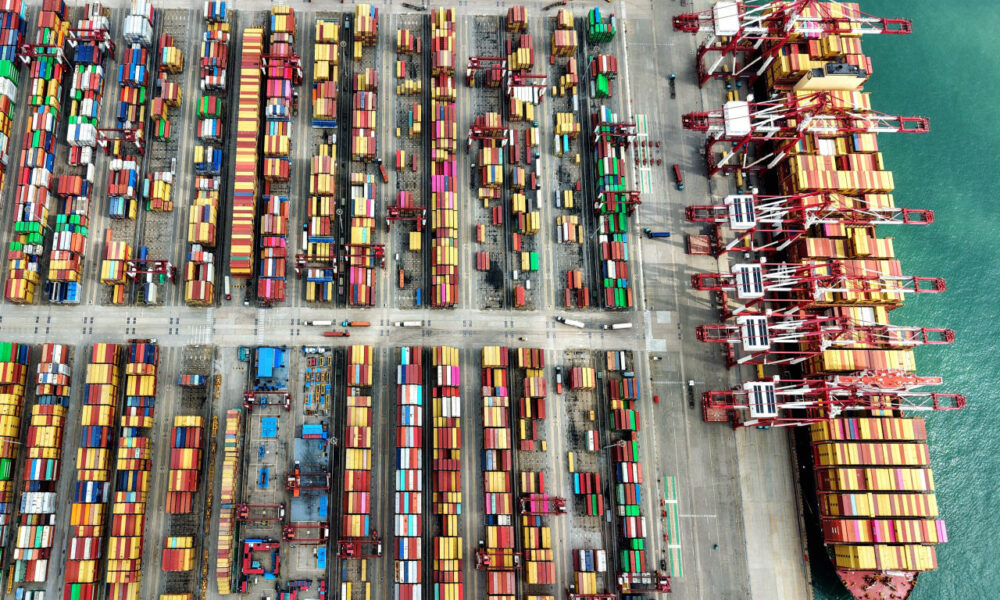The International Monetary Fund (IMF) has issued a cautionary statement regarding the economic outlook for the Asia-Pacific region. While the economies in this area performed better than anticipated during the first half of 2023, the IMF warns that the full impact of recent tariff increases imposed by the United States remains uncertain. Consequently, growth is expected to decelerate in the near future.
According to the IMF’s latest report, the Asia-Pacific region’s economies showed resilience in the first half of the year, driven by strong domestic demand and a rebound in global trade. This performance, however, may not be sustainable. The Fund highlights that as the implications of U.S. tariff hikes unfold, the potential for economic slowdown increases.
Growth Projections Shift Amid Trade Uncertainties
The IMF’s forecasts indicate that economic growth in the Asia-Pacific region could slow significantly in the coming months. In the first half of 2023, the region experienced a growth rate of approximately 4.2%. However, the IMF has revised its projections downward, suggesting growth may enter the 3% range for the remainder of the year.
The uncertainty surrounding tariffs is compounded by other global factors, including inflationary pressures and geopolitical tensions. The IMF emphasizes that these elements could further inhibit economic recovery, particularly in countries heavily reliant on exports.
Importantly, the IMF’s report underscores that the effects of tariff increases can vary widely among different economies within the Asia-Pacific region. Countries with significant trade ties to the United States may experience more pronounced impacts, while others may be better insulated.
Potential Reactions and Policy Considerations
In light of these warnings, policymakers across the Asia-Pacific region are urged to consider measures that could mitigate the potential fallout. Enhanced trade agreements, regional cooperation, and domestic stimulus initiatives may be necessary to bolster economic resilience.
The IMF suggests that countries should also focus on diversifying their trade partnerships to reduce reliance on any single market. This strategic adjustment could help cushion the blow from U.S. tariff policies and foster a more stable economic environment.
As the situation develops, the IMF remains committed to monitoring the economic landscape in the Asia-Pacific region. The Fund’s insights will be crucial for governments and businesses as they navigate this period of uncertainty and seek to maintain growth amid challenging conditions.
In summary, while the Asia-Pacific region has shown strong performance thus far in 2023, the IMF’s cautionary outlook signals that the full impact of U.S. tariff increases is yet to be felt, with potential consequences for economic growth and stability in the months ahead.







